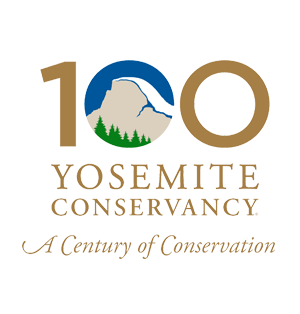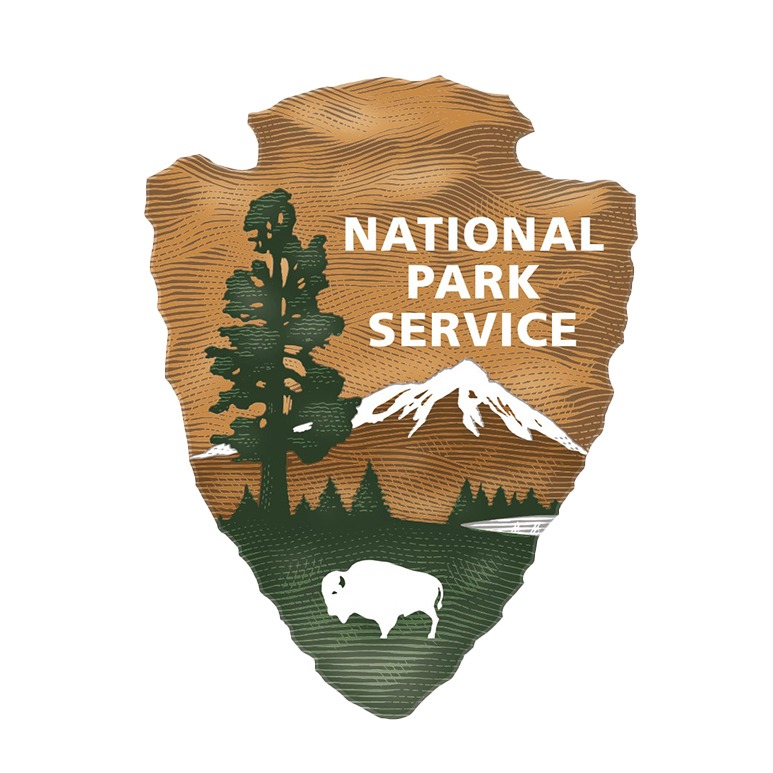*This is a 2021 archived project, view this year’s projects here.
Project overview: Protect Yosemite’s Merced Grove by reducing wildfire fuel and investigating why adult giant sequoias are dying at unprecedented rates across their range.
How your support helps: Giant sequoias grow naturally only on the western slopes of California’s Sierra Nevada. The towering trees, which can live for thousands of years and stretch taller than 200 feet, were long thought to be nearly immortal, dying only when they topple under their own weight.
In recent years, however, dozens of mature sequoias have perished after major wildfires swept through their groves. At least seven sequoias have died in Yosemite, and more than 30 have died in neighboring Sequoia & Kings Canyon National Parks. Drought and insects might be at the heart of those deaths.
The floor and surroundings of Merced Grove, one of Yosemite’s three giant sequoia groves, host a slew of flammable materials, including plant litter and dead trees. Firefighters have stepped in to save Merced Grove from multiple major blazes in recent years, including the Motor Fire (2011), Rim Fire (2013), El Portal Fire (2014) and Ferguson Fire (2018), but the park needs a long-term solution to protect the grove and the habitat it provides for sequoias, fishers, owls and other plants and animals.
This project focuses on protecting Merced Grove from future fires and understanding the factors driving increased sequoia deaths throughout the Sierra Nevada. With your support, National Park Service and CHIPS (Calaveras Healthy Impact Product Solutions) crews will thin and remove small conifers and dead plants from 22 acres in and around the grove, reducing the amount of potential wildfire fuel.
Meanwhile, scientists will use tools, such as beetle traps and isotope samples, to study how insects, water access and other factors are affecting sequoia health. By learning more about the threats giant sequoias face, this research aims to help protect these massive, ancient trees not only in Yosemite, but throughout their range.
Project partners: Yosemite National Park and Calaveras Healthy Impact Product Solutions (CHIPS).

